Review of EU and GB MRL changes in 2022
- 22/05/2023
- Posted by: Gaetan Dermien
- Category: Corp EN, Country, News
No Comments Key points This news update is a review of changes that were made in 2022.European Union (EU) maximum residue levels (MRLs) were changed for 75 plant protection products (PPPs) in 2022, compared with 123 in 2021. These changes include cases where MRLs for certain foods have been raised or lowered.In Great Britain (GB) maximum residue level (MRL) changes concerned 23 plant protection products (PPPs), of which 13 are considered key for ACP horticulture. Note that EU MRLs still apply in… +
Key points This news update is a review of changes that were made in 2022.European Union (EU) maximum residue levels (MRLs) were changed for 75 plant protection products (PPPs) in 2022, compared with 123 in 2021. These changes include cases where MRLs for certain foods have been raised or lowered.In Great Britain (GB) maximum residue level (MRL) changes concerned 23 plant protection products (PPPs), of which 13 are considered key for ACP horticulture. Note that EU MRLs still apply in… +Change of maximum residue limits (MRLs) from the CODEX ALIMENTARIUS
- 27/02/2023
- Posted by: Gaetan Dermien
- Category: ACP EN, News
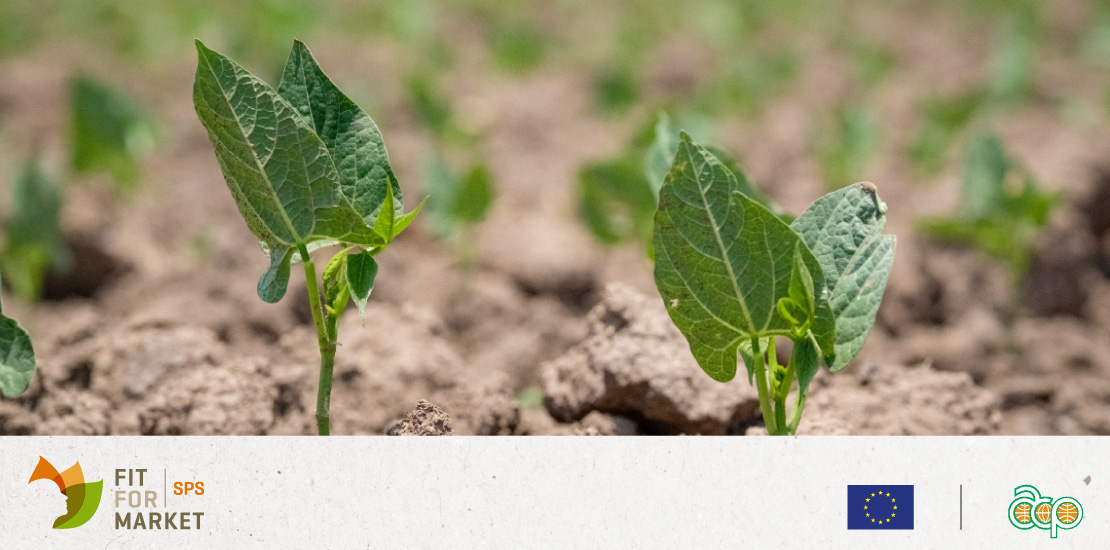 A review of key Codex MRL changes in 2021-2022 Every year, the use of many plant protection products is affected by changes to permitted Maximum Residue Limits (MRLs). As a result of COVID, the 2020 review of MRLs by the CODEX committee on pesticide residue did not take place. In 2021, MRLs were changed for 68 active substances and recently published in the CODEX Pesticide MRL database. These changes often have a direct impact on producers who may need to… +
A review of key Codex MRL changes in 2021-2022 Every year, the use of many plant protection products is affected by changes to permitted Maximum Residue Limits (MRLs). As a result of COVID, the 2020 review of MRLs by the CODEX committee on pesticide residue did not take place. In 2021, MRLs were changed for 68 active substances and recently published in the CODEX Pesticide MRL database. These changes often have a direct impact on producers who may need to… +Dominican Republic: Supporting organic banana and citrus production
- 15/12/2021
- Posted by: Gaetan Dermien
- Category: Bananas, Caribbean, Citrus fruits, Dominican Republic, News
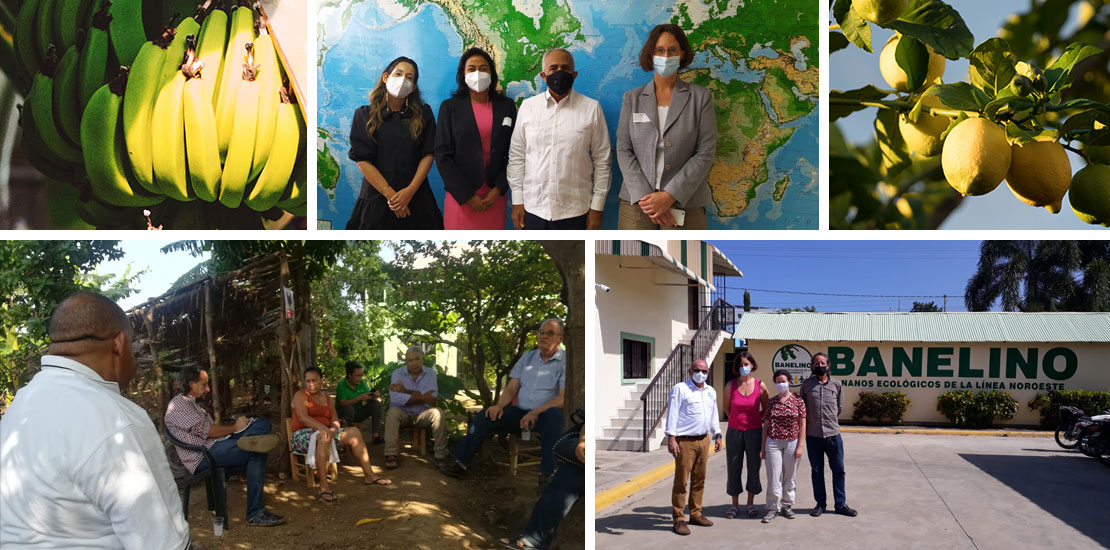 On 29 October COLEACP met with representatives of two banana producers’ associations, Banelino and Adobanano, and a citrus producers’ association, Sosbiolim, in the region of Mao, to better understand their needs and to review priorities for action. The Dominican Republic is the world’s largest producer of organic bananas: 55% of all organic bananas are grown in the country, and 95% of them are exported to the EU. The experiences of the country’s banana producers – their methods, processes and results… +
On 29 October COLEACP met with representatives of two banana producers’ associations, Banelino and Adobanano, and a citrus producers’ association, Sosbiolim, in the region of Mao, to better understand their needs and to review priorities for action. The Dominican Republic is the world’s largest producer of organic bananas: 55% of all organic bananas are grown in the country, and 95% of them are exported to the EU. The experiences of the country’s banana producers – their methods, processes and results… +New EU measures impacting aubergines (eggplant), Capsicum and yardlong beans
- 10/12/2021
- Posted by: Gaetan Dermien
- Category: Capsicum, Eggplant, News
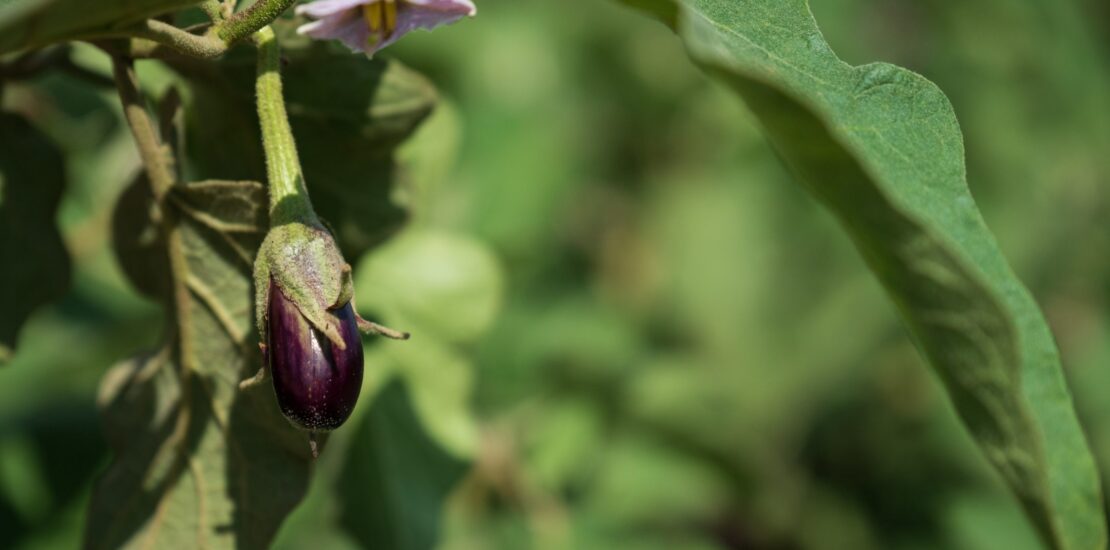 In November, the EU Standing Committee on Plants, Animals, Food and Feed approved amendments to Implementing Regulation (EU) 2019/1793. As a reminder, this is the regulation on the temporary increase of official controls and emergency measures at EU border control posts where there is a food safety risk or evidence of widespread serious non-compliance with EU legislation. All of the new amendments are due to the detection of pesticide residues. The new measures are specified in a draft Regulation and… +
In November, the EU Standing Committee on Plants, Animals, Food and Feed approved amendments to Implementing Regulation (EU) 2019/1793. As a reminder, this is the regulation on the temporary increase of official controls and emergency measures at EU border control posts where there is a food safety risk or evidence of widespread serious non-compliance with EU legislation. All of the new amendments are due to the detection of pesticide residues. The new measures are specified in a draft Regulation and… +News digest: Agri-food markets and production
- 26/10/2021
- Posted by: Gaetan Dermien
- Category: Africa, Avocados, Bananas, Caribbean, Dominican Republic, Ethiopia, Fiji, France, Gambia, Germany, Ireland, Jamaica, Kenya, Madagascar, Mangoes, Mozambique, New Zealand, News, Onions, Pacific, Papayas, Rwanda, Senegal, Spain, Tanzania, Uganda, United Kingdom
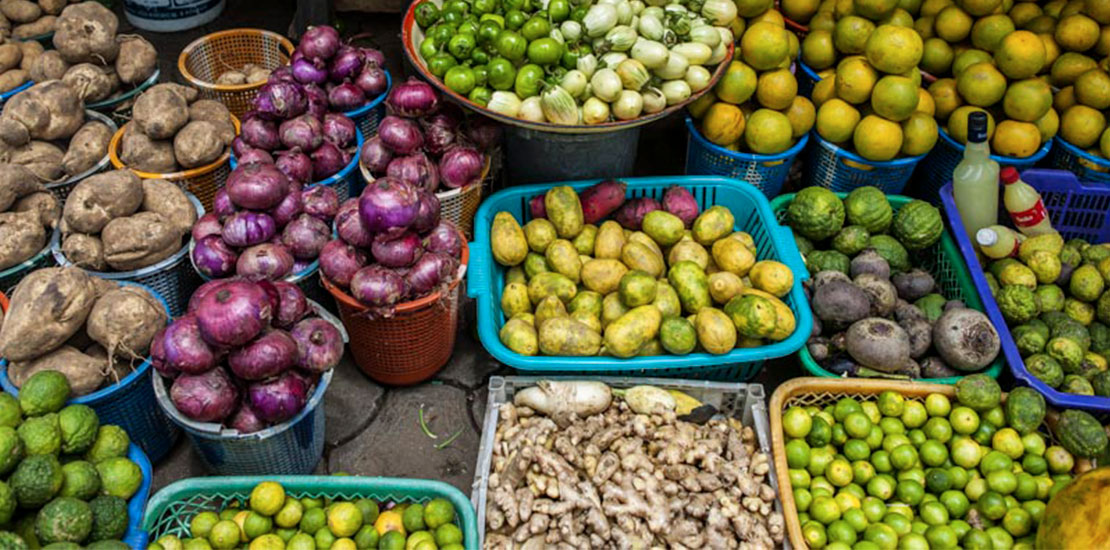 AFRICA Building resilient food systems in Africa – Declaration at the 11th AGRF The 8,300 participants of the Eleventh African Green Revolution Forum (AGRF) came together in Nairobi, Kenya from 7 to 10 September 2021 to call for and plan action on building resilient food systems in Africa. “Here at the AGRF, we have heard a strong call for Africa and the world to change the way we produce, process, market, consume food, and reduce waste. We know that a… +
AFRICA Building resilient food systems in Africa – Declaration at the 11th AGRF The 8,300 participants of the Eleventh African Green Revolution Forum (AGRF) came together in Nairobi, Kenya from 7 to 10 September 2021 to call for and plan action on building resilient food systems in Africa. “Here at the AGRF, we have heard a strong call for Africa and the world to change the way we produce, process, market, consume food, and reduce waste. We know that a… +IFOAM Survey on Pesticide Residues
- 03/08/2021
- Posted by: Gaetan Dermien
- Category: Africa, Caribbean, News, Pacific
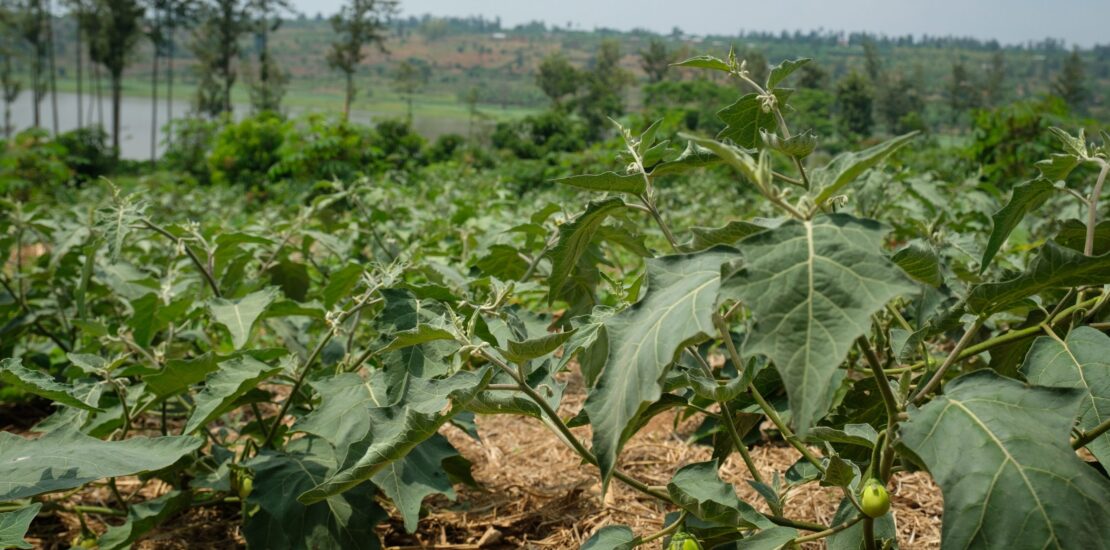 Dear Partners COLEACP is contacting you with details and links to a survey on pesticide residues in organic products that is being conducted by IFOAM Organic Europe and FiBL. Their work addresses an issue that, as you know, creates serious challenges for the organic sector. The results will benefit the sector as a whole and we strongly urge you to take part. Background IFOAM Organic Europe and FiBL are currently working on the project: ‘Developing Organic: Pesticide use and contamination’… +
Dear Partners COLEACP is contacting you with details and links to a survey on pesticide residues in organic products that is being conducted by IFOAM Organic Europe and FiBL. Their work addresses an issue that, as you know, creates serious challenges for the organic sector. The results will benefit the sector as a whole and we strongly urge you to take part. Background IFOAM Organic Europe and FiBL are currently working on the project: ‘Developing Organic: Pesticide use and contamination’… +Cameroon: Group training on safe use of pesticides in the Loum basin
- 16/07/2021
- Posted by: Sandra Borma
- Category: Cameroon, News
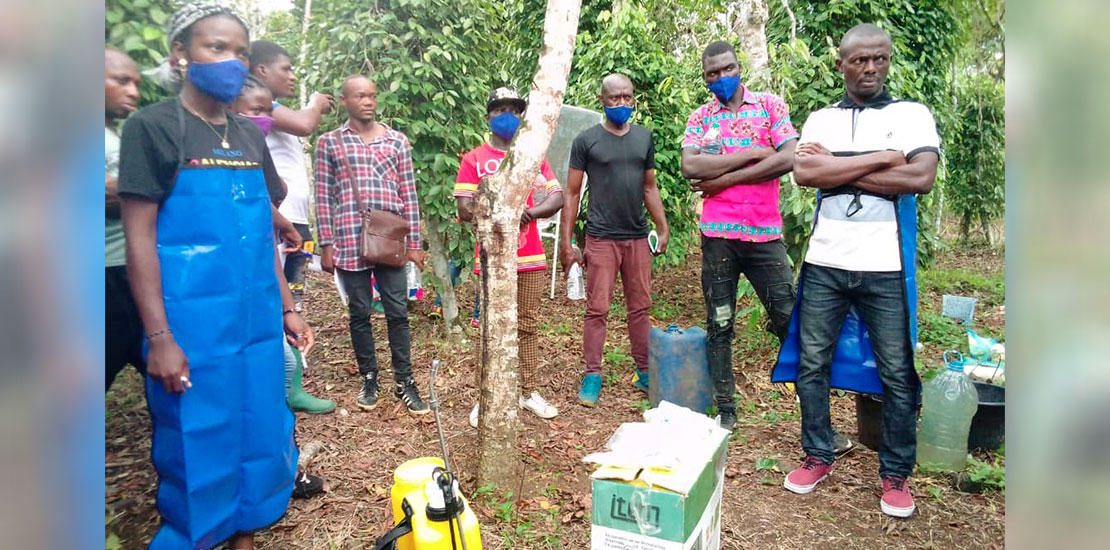 On 14 and 15 July, COLEACP organised group training on the “Safe Use of Pesticides” for plant protection product applicators in the Loum basin. This training is part of the Standards and Trade Development Fund (STDF) project “Improvement of the sanitary and phytosanitary quality of Penja pepper in Cameroon to facilitate access to international markets” (STDF/PG/593). Following this training, the participants are now able to carry out treatments according to good phytosanitary practices and to carry out the instructions: during… +
On 14 and 15 July, COLEACP organised group training on the “Safe Use of Pesticides” for plant protection product applicators in the Loum basin. This training is part of the Standards and Trade Development Fund (STDF) project “Improvement of the sanitary and phytosanitary quality of Penja pepper in Cameroon to facilitate access to international markets” (STDF/PG/593). Following this training, the participants are now able to carry out treatments according to good phytosanitary practices and to carry out the instructions: during… +News digest: Agri-food markets & production
- 21/04/2021
- Posted by: Gaetan Dermien
- Category: Africa, Bananas, Berries, Burkina Faso, Caribbean, Carrots, Central African Republic, Cherries, Chillies, China, Colombia, Côte d'Ivoire, Cuba, France, Germany, Ghana, Grapes, India, Jamaica, Kenya, Madagascar, Mangoes, Mushrooms, Namibia, Netherlands, News, Nigeria, Norway, Pacific, Passion fruit, Pineapples, Potatoes, Russian Federation, Rwanda, Saint Lucia, Saint Vincent and the Grenadines, South Africa, Spain, Sweet potatoes, Tanzania, Togo, Tomatoes, Tonga, Yam, Zimbabwe
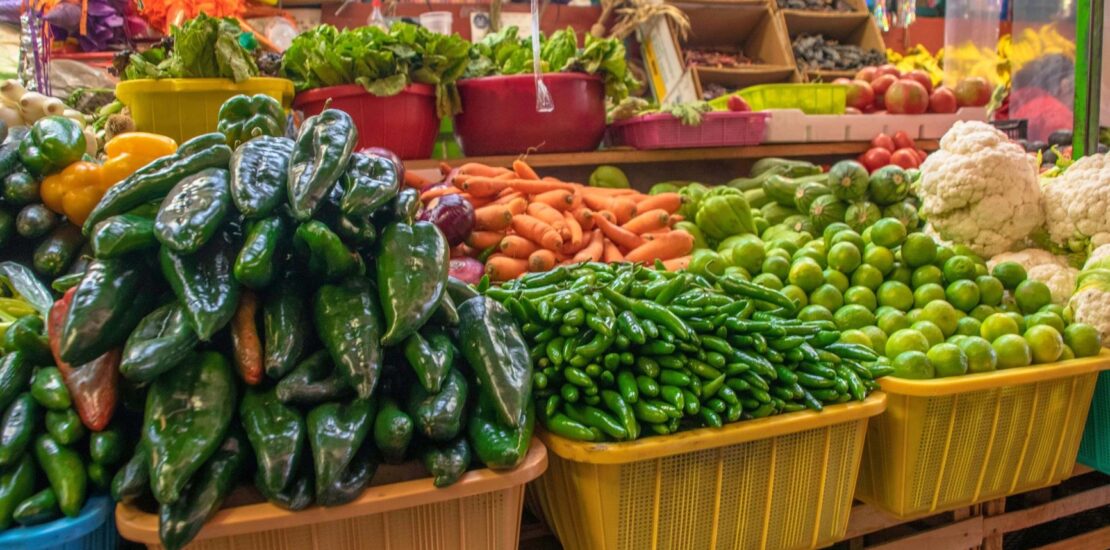 GLOBAL World of Fresh Ideas On 26-27 May, Fruitnet will be live and online to host “World of Fresh Ideas”, a learning and networking event for the global fresh fruit and vegetable business. Four programme tracks offer talks, interviews and interactive discussions with experts from across the international fresh produce business. Organised by Fruitnet in cooperation with Fruit Logistica, the event is aimed at suppliers, distributors, buyers and service providers in the fresh produce trade. Source: World of Fresh Ideas… +
GLOBAL World of Fresh Ideas On 26-27 May, Fruitnet will be live and online to host “World of Fresh Ideas”, a learning and networking event for the global fresh fruit and vegetable business. Four programme tracks offer talks, interviews and interactive discussions with experts from across the international fresh produce business. Organised by Fruitnet in cooperation with Fruit Logistica, the event is aimed at suppliers, distributors, buyers and service providers in the fresh produce trade. Source: World of Fresh Ideas… +Study in CEMAC on procedures for inspection and control of the entry, sale and use of pesticides
- 25/02/2021
- Posted by: Sandra Borma
- Category: Cameroon, News
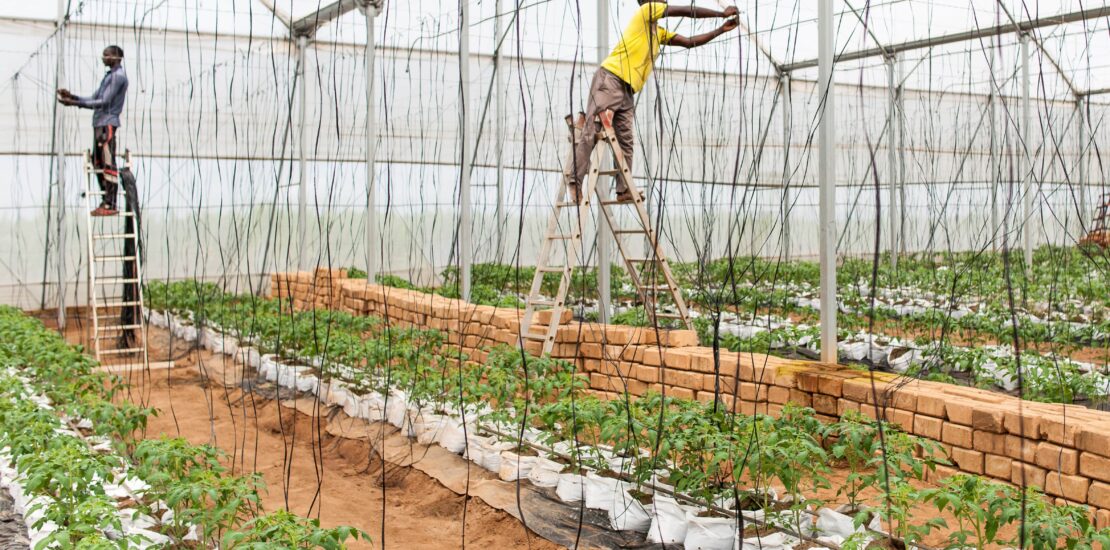 A diagnostic study on inspection and control procedures for the entry, sale and use of pesticides is currently under way in the Economic and Monetary Community of Central Africa (CEMAC). Implemented under COLEACP’s Fit for Market SPS programme, the study was initiated by a request from CEMAC’s Comité Inter-Etats des Pesticides de l’Afrique Centrale (CPAC), which coordinates the management of pesticides within CEMAC. The study will involve defining an action plan for the six CEMAC States, which should contribute to… +
A diagnostic study on inspection and control procedures for the entry, sale and use of pesticides is currently under way in the Economic and Monetary Community of Central Africa (CEMAC). Implemented under COLEACP’s Fit for Market SPS programme, the study was initiated by a request from CEMAC’s Comité Inter-Etats des Pesticides de l’Afrique Centrale (CPAC), which coordinates the management of pesticides within CEMAC. The study will involve defining an action plan for the six CEMAC States, which should contribute to… +
